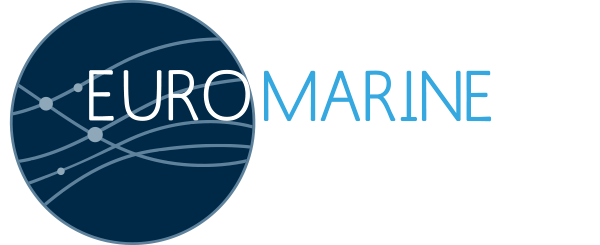**The meeting is tentatively planned to take place in mid-March 2022. Dates are TO BE CONFIRMED**
ACTIVITY DESCRIPTION
There is a need to move fisheries management towards an ecosystem-based approach. This has been increasingly recognized internationally, and several countries have advocated for, and in some cases formally adopted, an Ecosystem-based fisheries management (EBFM) strategy (Pikitch et al., 2004). Yet, current fisheries management in both the Atlantic and Mediterranean waters is still mainly based on advice from single-species stock assessments. A crucial step towards successful fisheries management, encompasses the development of hybrid approaches that bridges the gap between traditional stock assessment models and spatial ecosystem models.
Advances in fisheries science: using ecological models to inform current fisheries advice FSW, provides a unique opportunity to bring together interdisciplinary experts in stock assessment and ecosystem models. The workshops will enable knowledge transfer of state-of-the-art fisheries management approaches and furthermore represents a platform that allows experts to join existing efforts on operationalizing ecosystem-based fisheries management from different southern European countries. During the FWS participants will share what has and what has not worked in a variety of different case studies. Participants of the foresight workshop will use the above outcomes as direct input to funding proposals.
The FWS consists of three days with core activities, and a fourth day of discussion.
- Day 1: Introduction: Problem definition; Review of existing techniques (i.e., most used ecosystem and stock assessment models); Overview of case studies and applications;
Review of capabilities and needs in ecosystem models.
- Day 2: Methodology: Exploring statistical and mechanistic methods and identifying possible workflows and conceptual frameworks as well as case studies. Explore how to implement the integration of these tools in the management strategy evaluation process.
- Day 3: Results and discussion: Define the best practices to integrate stock assessment and ecosystem models; identify project calls to pursue.
KEY OBJECTIVES
FSW Advances in fisheries science: using ecological models to inform current fisheries advice will:
- Discuss the development of hybrid approaches that bridge the gap between traditional stock assessment models and spatial ecosystem models.
- Bring together interdisciplinary experts in stock assessment and ecosystem models.
- Enable knowledge transfer of state-of-the-art fisheries management approaches.
- Provide a Networking opportunity for participants.
- Develop a best practice report, and research contributions to the topic.
EXPECTED OUTCOMES
- A position paper containing an overview on limitations and advantages of the different existing ecosystem and stock assessment models, and recommendations on how to link these approaches;
- A research paper on building a roadmap about how to integrate stock assessment and ecosystem models;
- A best practice report on how integrate stock assessment and ecosystem models.
EXPECTED IMPACT
This FWS will tackle the topic of fisheries management and contribute to the discussion and development of hybrid approaches that bridge the gap between traditional fisheries stock assessment models and spatial ecosystem models, with the production of best practice reports and research papers.
REGISTRATION
Funded by EuroMarine, registration for the workshop is free of charge, all registered participants (limit of 26) can participate. Workshop attendance is by invitation only, but that we have reserved a few spaces for EuroMarine participants if interested (preferentially PhD and ECRs). EuroMarine participants should contact the organizers if they wish to join.


